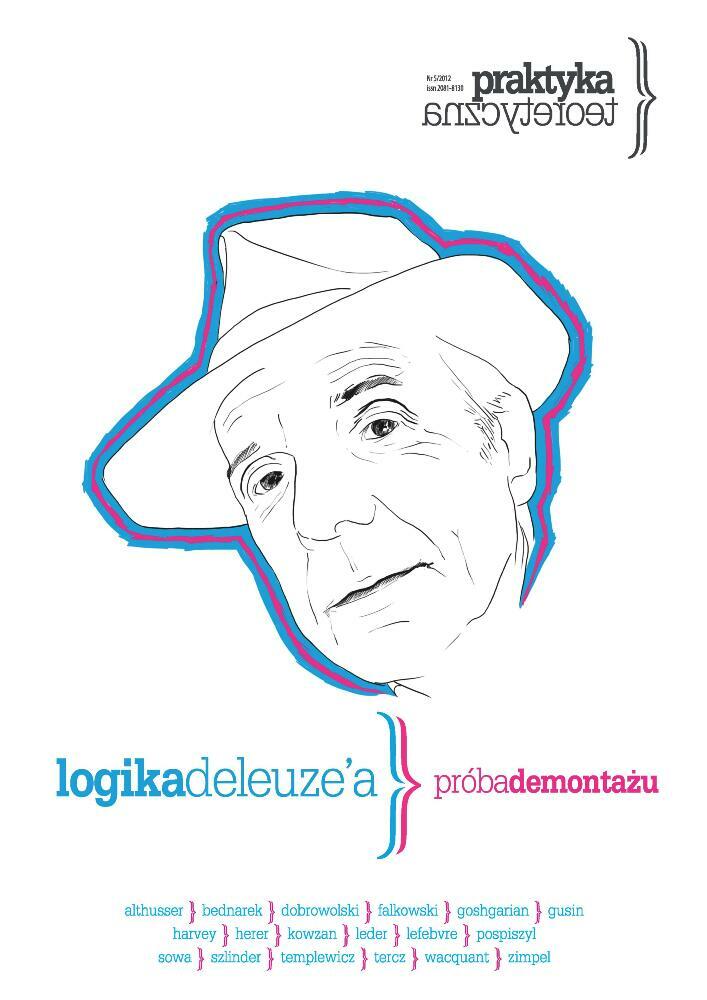Abstract
The anthropology of neoliberalism has become polarised between
a hegemonic economic model anchored by variants of market rule and an insurgent
approach fuelled by derivations of the Foucaultian notion of governmentality. Both
conceptions obscure what is ‘neo’ about neoliberalism: the reengineering and redeployment
of the state as the core agency that sets the rules and fabricates the subjectivities,
social relations and collective representations suited to realising markets.
Drawing on two decades of field-based inquiries into the structure, experience and
political treatment of urban marginality in advanced society, I propose a via media
between these two approaches that construes neoliberalism as an articulation of
state, market and citizenship that harnesses the first to impose the stamp of the
second onto the third. Bourdieu’s concept of bureaucratic field offers a powerful
tool for dissecting the revamping of the state as stratification and classification
machine driving the neoliberal revolution from above and serves to put forth three
theses: (1) neoliberalism is not an economic regime but a political project of state-
-crafting that puts disciplinary ‘workfare’, neutralising ‘prisonfare’ and the trope of individual responsibility at the service of commodification; (2) neoliberalism entails a rightward tilting of the space of bureaucratic agencies that define and distribute public goods and spawns a Centaur-state that practises liberalism at the top of the class structure and punitive paternalism at the bottom; (3) the growth and glorificationof the penal wing of the state is an integral component of the neoliberal Leviathan, such that the police, courts and prison need to be brought into the political anthropology of neoliberal rule.
License
“Theoretical Practice” seeks to put into practice the idea of open access to knowledge and broadening the domain of the commons. It serves the development of science, thinking and critical reflection. The journal is published in open-access mode under the CC-BY-NC-SA 4.0 license (detail available here: http://creativecommons.org/licenses/by-nc-sa/4.0/). Articles published in the journal may be freely distributed, stored, printed and utilized for academic and teaching purposes without restrictions.
They should not be, however, used for any commercial purposes or be reconstructed into derivative creations. Access to the journal may not be limited or offered for a fee by any third party.
Prospective authors are obliged to fill in, sign and send back the publishing contract compliant with the CC licencing. [PL.pdf, PL.doc, EN.pdf,EN.doc].
According to this contract, authors grant the journal a non-exclusive right to publish their work under the creative commons license (CC-BY-NC-SA 4.0) without any financial obligation on both sides of the contract.
Before submission authors should make sure that derivative materials they use are not protected by copyright preventing their non-commercial publication. Authors are responsible for any respective copyright violations.
